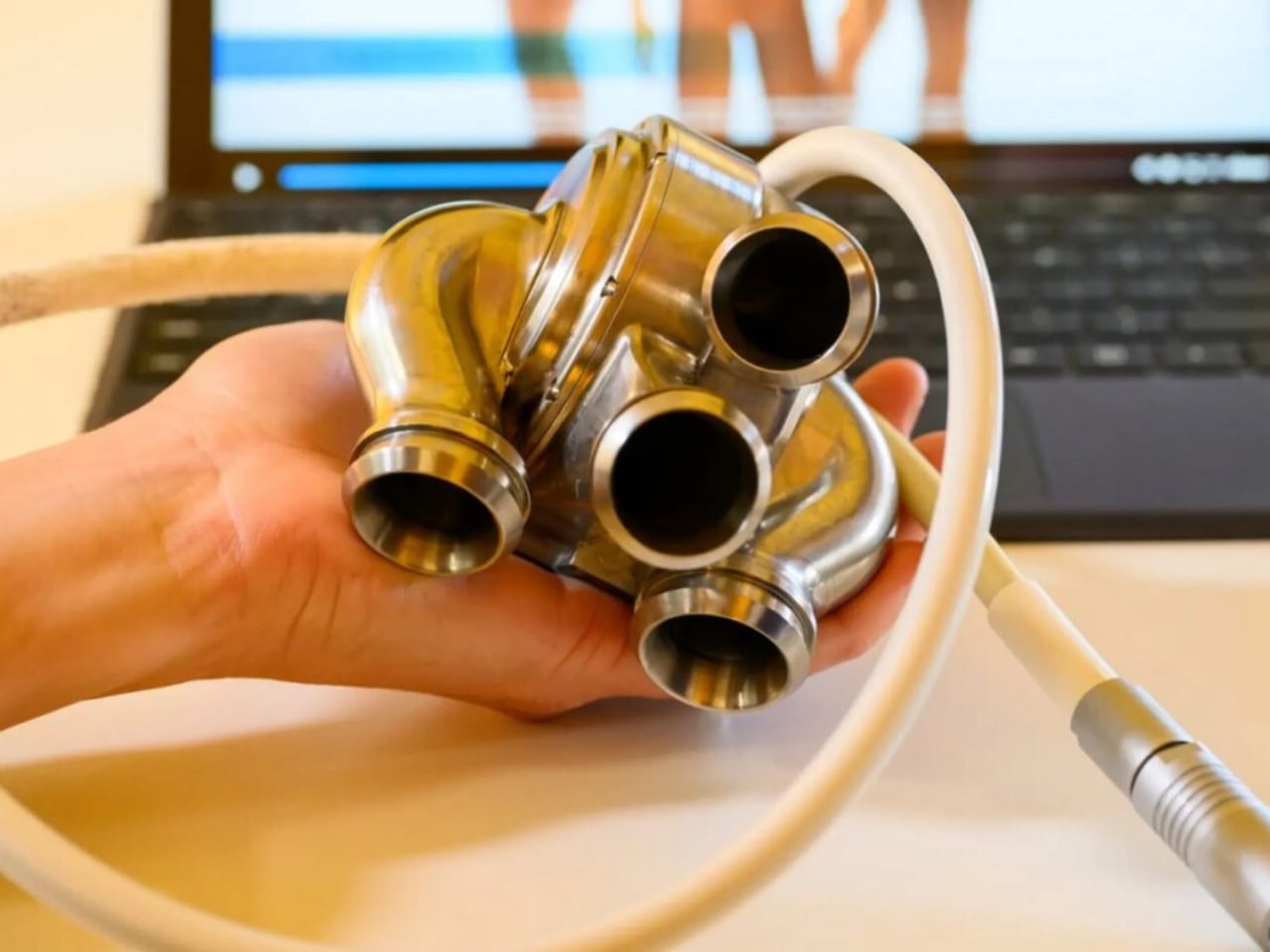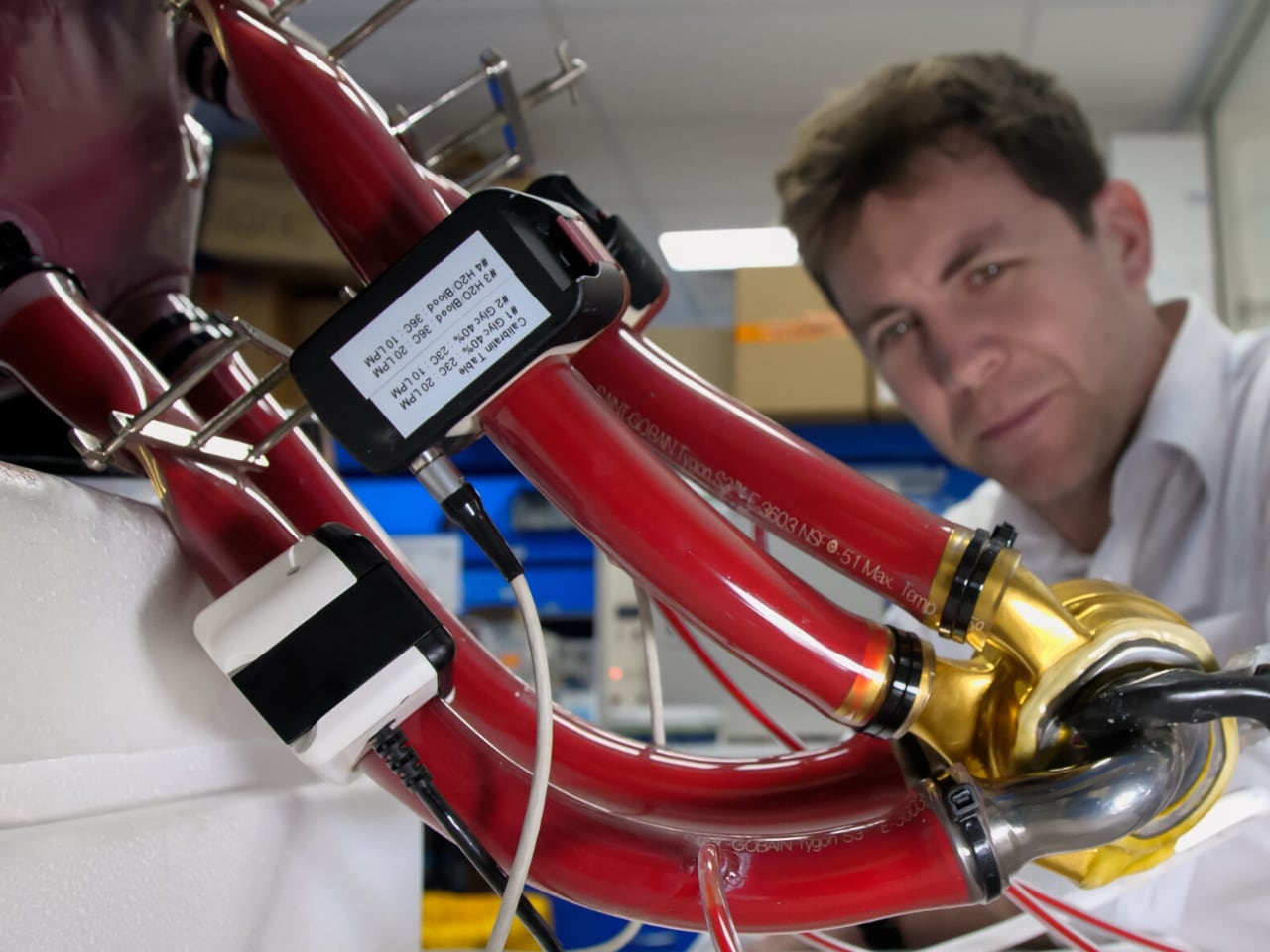The Food and Drug Administration has approved Apple’s over-the-counter Hearing Aid feature. Designed for people with mild to moderate hearing loss, it transforms the second-gen AirPods Pro into OTC hearing aids. This follows the FDA’s 2022 decision to allow adults with less-than-severe impairment to use corrective consumer hearing devices without a professional test, prescription or fitting.
The FDA says Apple’s software-based Hearing Test feature for AirPods Pro showed similar benefits to those who received a professional fitting of the wireless earbuds. “Results also showed comparable performance for tests measuring levels of amplification in the ear canal, as well as a measure of speech understanding in noise,” the FDA wrote in its announcement. The agency adds that it didn’t observe any “adverse events” from using the device as an OTC hearing aid.
Apple’s Hearing Aid feature, coming in iOS 18, starts with a hearing test on your paired iPhone or iPad. As the image above shows, the test begins by ensuring your earbuds have a good seal. After that, it activates active noise cancellation (ANC) and asks you to tap the screen when you hear tones in the left and right ears.
Once you finish, your results will live in the iOS Health app, where you can see how your results change (or not) over time. You can download your results and give them to an audiologist anytime. (If the test determines you have severe hearing loss, it will recommend you seek a professional assessment since the AirPods feature is only approved for those with mild to moderate impairment.)
Engadget’s Billy Steele got an early preview of the feature after Apple’s big iPhone 16 event earlier this week. “It seems to be as quick and easy as Apple describes,” our audio expert wrote. Although the demo was a simulation, it covered each step of the process, adding up to only about five minutes.
Apple developed the feature using 150,000 real-world audiograms and millions of simulations. The company’s FDA application was reviewed under the agency’s De Novo premarket pathway, which provides a runway for novel devices that don’t carry serious risk.
Apple’s Hearing Aid and Hearing Test features will arrive no earlier than when iOS 18 launches to the public on September 16. The AirPods Pro (second-gen) is required to use the feature.















